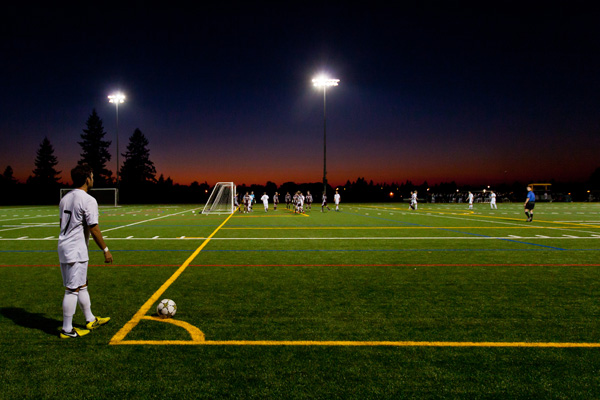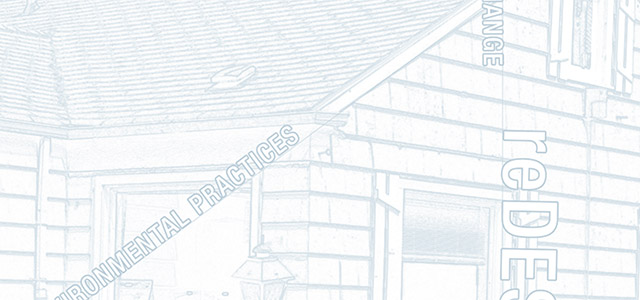Page 244 • (2,638 results in 0.048 seconds)
-
innovation in their communities, with industry, and as part of the global ecosystem of change makers. Hear how one university is approaching this work. (45 minutes)Looking for more resources on social impact?SDG Index Understand key indicators and find nonprofit partners working to address critical aspects of the United Nations Sustainable Development Goals in each US state.Looking for careers in social impact innovation?Tech for Good Directory Get inspired by over 3,100 companies making an impact. PLU
-
global business. Develop value-adding strategies, organizational capabilities and personal competencies for business success across borders and cultures. On-campus course with embedded international experience. (4) BMBA 510 : Legal, Ethical and Social Responsibilities of Business A survey of legal topics essential to effective managerial decision making. Explore the legal, ethical, and social implications of legal strategies and practices. This course also examines the sources and development of
-
longer than a total of 5 double-spaced pages. You should address the following questions: What significant cultural experiences have most influenced your present development and your desire to be a couple and family therapist? What are your professional career goals after completing your degree? What are your strengths that will help you achieve your professional goals? What do you consider to be areas for personal growth that may need the most attention during your training as a therapist at PLU
-

Danforth, nearly 300 scientists from more than 20 countries work in teams, studying plant biology in ways that lead to economically and environmentally sustainable agriculture. Laurie-Berry started teaching at PLU in the fall of 2008. In addition to Plant Physiology, Laurie-Berry’s other classes include Plant Development and Genetic Engineering and a first-year writing class focused on global agriculture, world hunger, genetic engineering and related topics. “Our central question for the course is how
-

when she would take students to lower campus, she was not exactly ashamed of the facilities, but she knew they were nothing to boast about. That, she said, has changed. She notices that prospective students, athletes or not, have an interest in the continued development and upgrades to the athletic facilities. “People like to see that progress is happening,” she said. That progress will benefit everybody. Even though the new soccer field was open only to PLU’s athletes this fall, come spring, it is
-

students with different skill sets should be brought into the process. In addition, they are developing a proposal for how the coursework they’ve developed fits into the PLU curriculum. As the development of the reDesign House continues, Smith, Avila and Cooley expect more collaboration with students and faculty, as they see how sustainability can be a resource for other majors at PLU. “We never thought of it as just an art and design course,” Avila said. “It’s contagious in a very good way,” Smith
-

. “Economics is fundamentally a discipline in which we study how and why we make decisions,” says Associate Professor of Economics Karen Travis. “It is the wide range of applications that tends to draw a very broad pool of students, including those interested in finance or developing economies.” “Students who are drawn to Economics ask questions for which the answers aren’t easy—poverty, health care, education, unemployment, development, environmental degradation, international relations—but for which they
-

populations of students, engage lifelong learning partners through meaningful professional development, and foster cross-sector collaboration on issues related to student access and readiness. “It’s important that, if we want a strong democracy, we must have inclusion from all voices,” Chavez said. Inclusion of all voices is paramount to educational success for all students, marginalized or otherwise, she added. “The more connected we are, the better able we are to improve society. Diversity in profession
-

enrolled in PLU’s MBA program. He also solicited advice from PLU business school dean Mark Mulder, whose marketing class had worked with the Economic Development Association of Skagit County to study value-added agriculture. “I use a lot of that research every day up here, and there are other farms that do, as well,” Miller said.Tulip Town Website“We just really rolled up our sleeves and realized we’re not going to hit projections; but if we can hit costs, we get to do this again next year.” Deprived
-

300 scientists from more than 20 countries work in teams, studying plant biology in ways that lead to economically and environmentally sustainable agriculture. Laurie-Berry started teaching at PLU in the fall of 2008. In addition to Plant Physiology, Laurie-Berry’s other classes include Plant Development and Genetic Engineering and a first-year writing class focused on global agriculture, world hunger, genetic engineering and related topics. “Our central question for the course is how agriculture
Do you have any feedback for us? If so, feel free to use our Feedback Form.


